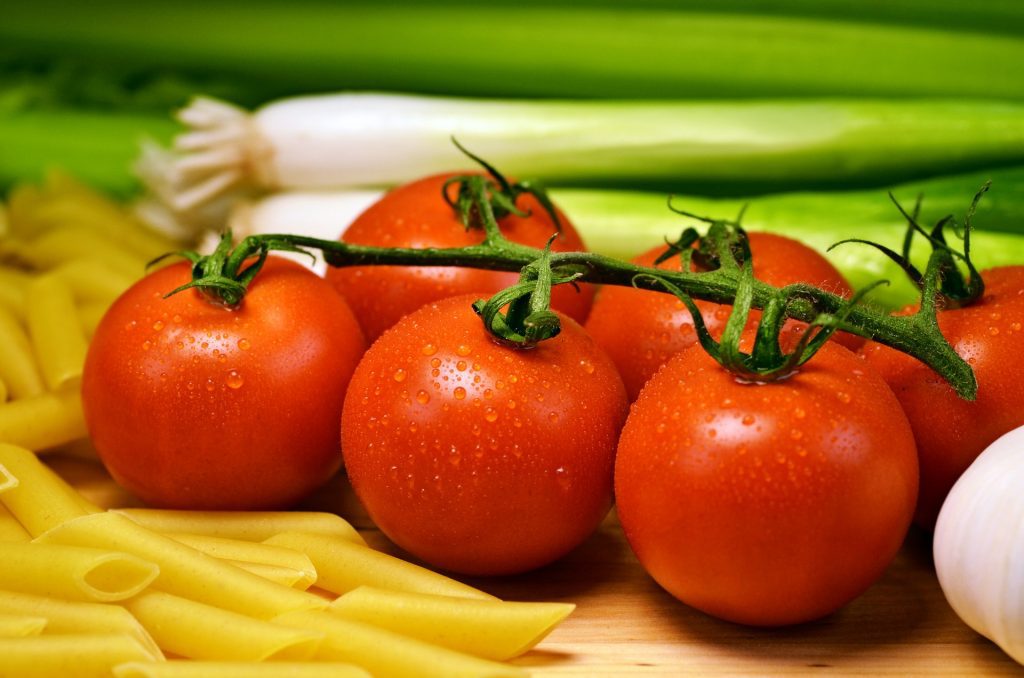Rather than welcome vegan diet popularity, vegans are quibbling over terms
I read a post on Plant Based News reporting that health expert Dr Oz dedicated an entire episode of his show to the vegan diet, predicting that veganism is going to be the “single biggest movement of 2017.”
That should be good news for vegans.
But instead of welcoming the rise in popularity of vegan diets and the positive knock-on effect for animal welfare, the environment and human health, some vegans are quibbling over terms.
Among the online community, some are suggesting this new wave of plant eaters can’t call themselves vegan because veganism is a lifestyle and not a diet. While I understand the distinction they’re making—veganism opposes animals being exploited as a commodity in any way, not just for food—I think they’re missing a key point.
We should be careful of making veganism a club with entry standards. I shouldn’t even be including myself because I’m not sure I pass as vegan. Although I don’t consume any animal-derived product, I don’t buy leather, wool, or fur, and I detest animal cruelty for sport or entertainment, I need to replace my personal hygiene products with brands that don’t support animal testing. There’s more for me to learn yet.
I’ve also decided to wear my old leather shoes until they wear out so I’m not adding to landfill unnecessarily early—my reasons for making changes are environmental as well as animal welfare. Although we sold our leather sofas, I’ll sit on a friend’s leather sofa rather than offend them because this wouldn’t have the same impact on my conscience as consuming animal products. I want to live by my values, but I don’t want to lose friends.
So although my heart’s in the right place and I’m making better choices as I learn more, I would be turned away from the vegan club by the quibbler on the door.
I understand how animal-focused vegans feel and the compassion and ethics that drive them. As a writer on nature, sustainability and health, I too have watched harrowing undercover videos and documentaries, read books and scientific research, and followed Twitter and Facebook conversations, feeling despair and outrage.
I too imagine a world where animals are shown love and respect, a world where exploitation is replaced with compassion, but we have to be realistic and take things a step at a time. Many people won’t feel the same way that we do about animals and their right to equal consideration as sentient beings.
I used to work with a young woman who called herself an animal lover. From what I saw, she wasn’t an animal lover but a cat lover. There’s a world of difference between caring about one species and caring about all species. But in her mind she was an animal lover and to quibble would have only alienated her. In appealing to her love for cats, there was an opportunity to extend her care to include other animals.
So when I read that veganism is on the rise, rather than wonder, as quibblers do, whether converts are true vegans or less worthy plant-based eaters, I feel excited that more people are interested enough to take action.
Some people change their behaviour for emotional reasons, such as aligning with their values and beliefs, where others may only change for practical reasons, such as health gains. But regardless of their motives, if it means fewer people are eating animals or eating them less often, that’s a good thing.
Criticizing consumers because they aren’t going far enough is unhelpful and could even delay the ethical treatment for animals the vegan movement campaigns for. In my experience, vegan organisations are inclusive and supportive even though they’re sending powerful messages about animal cruelty. Individuals have an important role to play too, especially in the online environment.
Rather than more enlightened, compassionate and self-disciplined vegans telling others they fall short, isn’t it better to welcome all newcomers to the vegan community? If people feel included, they may take further steps towards a more compassionate lifestyle. Just because their journey may be slower, or start later in life, doesn’t make their effort any less valuable.
Every person who switches to a vegan diet, permanently or periodically, is another person who can inspire others to change, another person who can help educate on animal welfare, the environment or health.
More people are rejecting factory farming or quitting animal products altogether and the number is growing. Their reasons or whether we call their diet vegan or plant-based shouldn’t matter. Let’s not quibble—let’s welcome positive change.
If you would like to find out more about animal welfare, the vegan diet, or veganism, here are some of my favourite organisations:
- Mercy for Animals (US based)
- Compassion in World Farming (UK based)
- Animal Aid (UK based)
- The Vegan Society (UK based)
- Animals Australia
- SAFE (New Zealand based)
Image credit: Pixabay
